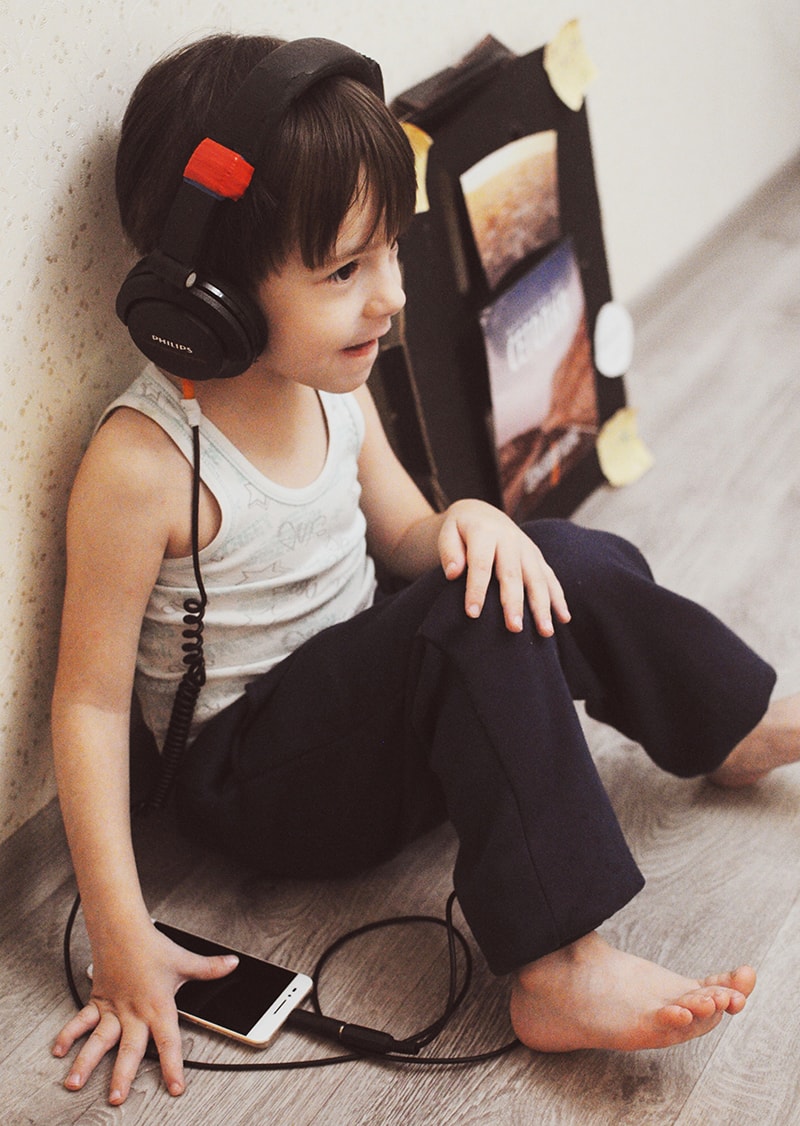I hear fine, if everyone else stops mumbling.
If you find yourself struggling to hear other people clearly, chances are you know the answer to the question – Do I have hearing loss? You are not alone. One in eight people in the United States has significant hearing disorder. It’s the third most common health problem in the United States. Untreated hearing loss can affect your ability to understand speech and can negatively impact your social and emotional well-being. Hearing impairment can decrease your quality of life!
Aging and chronic exposure to loud noises both contribute to hearing decline. Other factors, such as excessive earwax, can temporarily reduce how well your ears conduct sounds.
Whether younger or older, most people don’t notice their own hearing difficulties, and wait too long to get help. You can’t reverse most types of hearing loss. However, you and your audiologists can take steps to improve what you hear.
Hearing Disorders in Children
Hearing is critical to children’s safety and to the development of speech, listening, learning, and social skills. Although hearing problems are commonly associated with aging, more than 5 million young people in the United States between the ages of six and 19 report noise-induced hearing loss. Kids need to dial the volume down on their iPods and radios and cell phones to prevent unnecessary hearing impairment.

How to Prevent Hearing Declines
These steps can help you prevent noise-induced hearing loss and avoid worsening age-related hearing loss:
- Wear hearing protection when around loud sounds. Limiting the duration and intensity of your exposure to loud noise is the best protection. There are different types of hearing protection such as foam earplugs, earmuffs and custom hearing protection devices.
- Other than hearing protection, do not put anything in your ear!
- Turn down the volume when listening to the radio, the TV, MP3 player, or anything through ear buds and headphones. Most cell phones have settings that allow you to limit the volume of sound coming through the earphone-air pods.
- Avoid recreational risks. Activities such as riding a snowmobile, hunting, using power tools or listening to rock concerts can damage your hearing over time. Taking breaks from the noise can protect your ears.
- Have your hearing tested. Consider regular hearing tests if you work in a noisy environment or often listen to loud music. If you’ve lost some hearing, you can take steps to prevent further loss.

